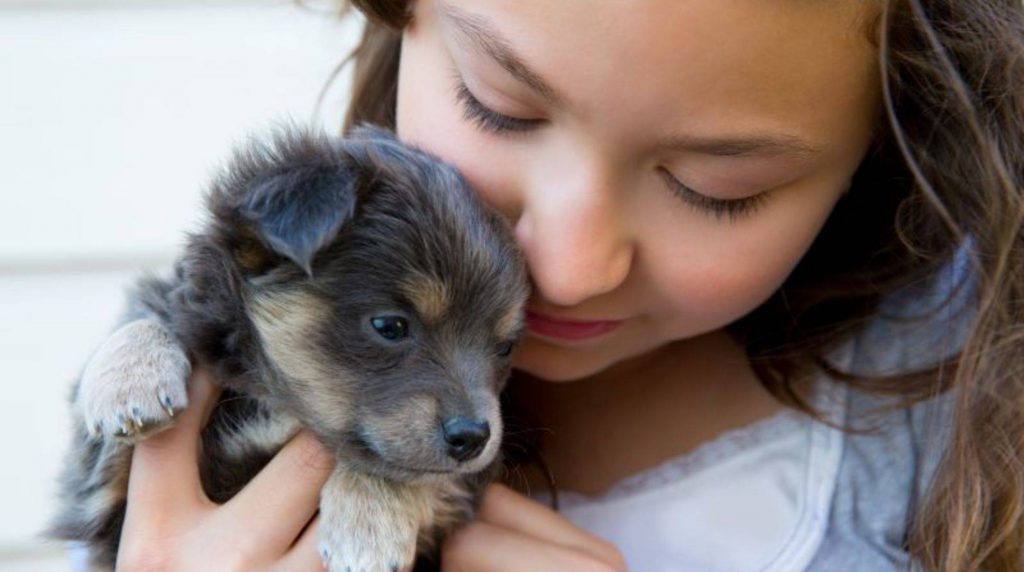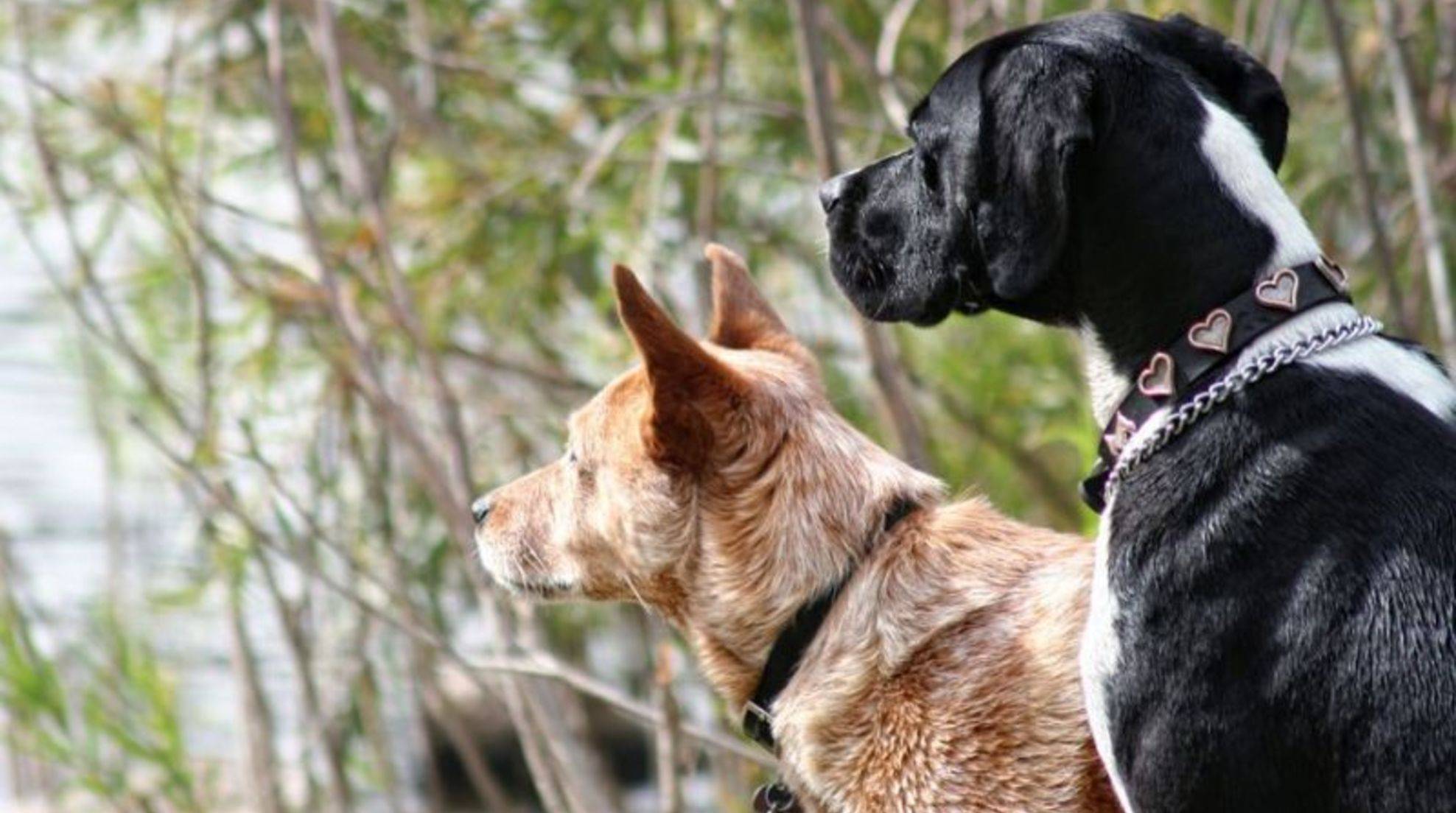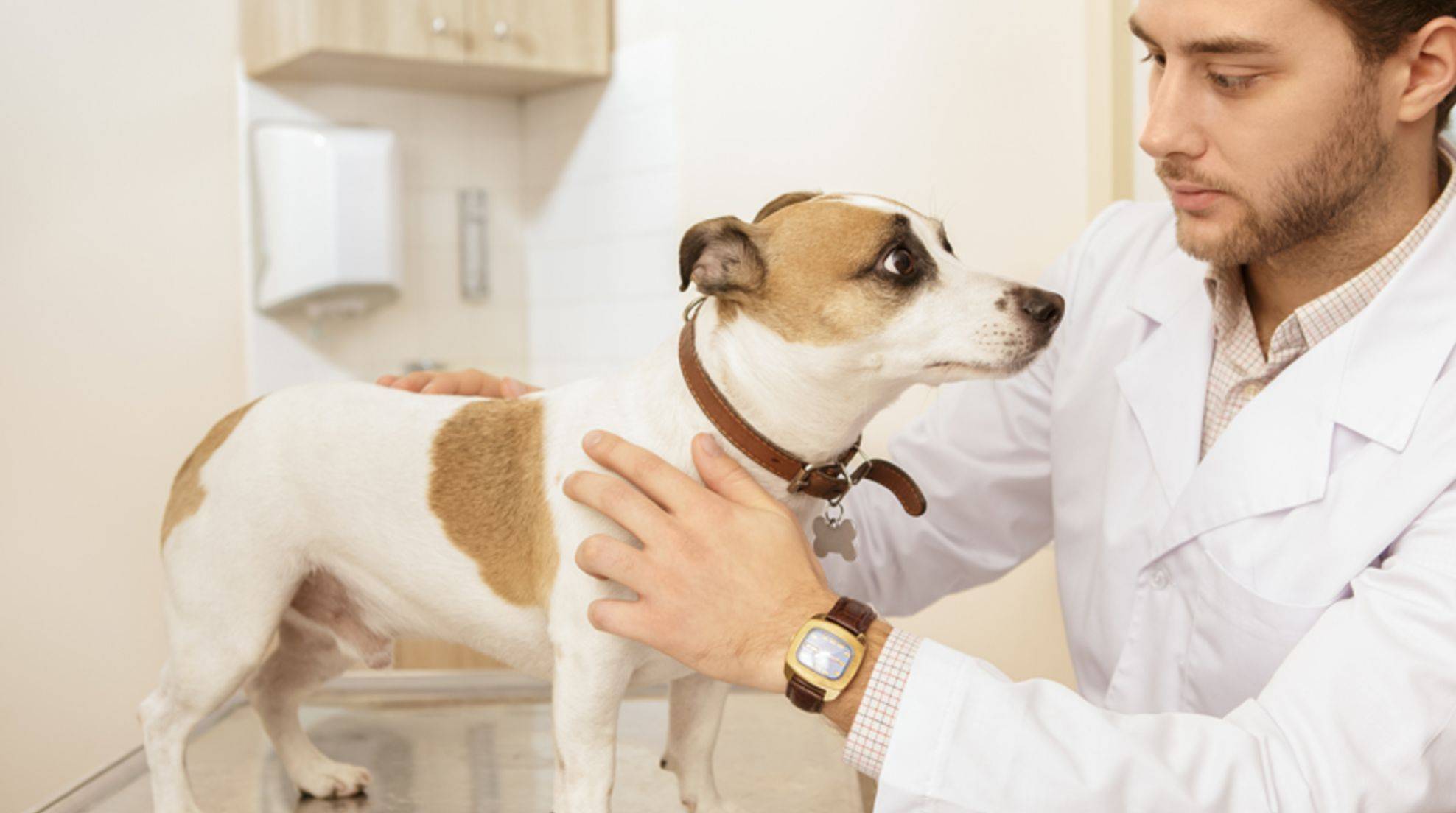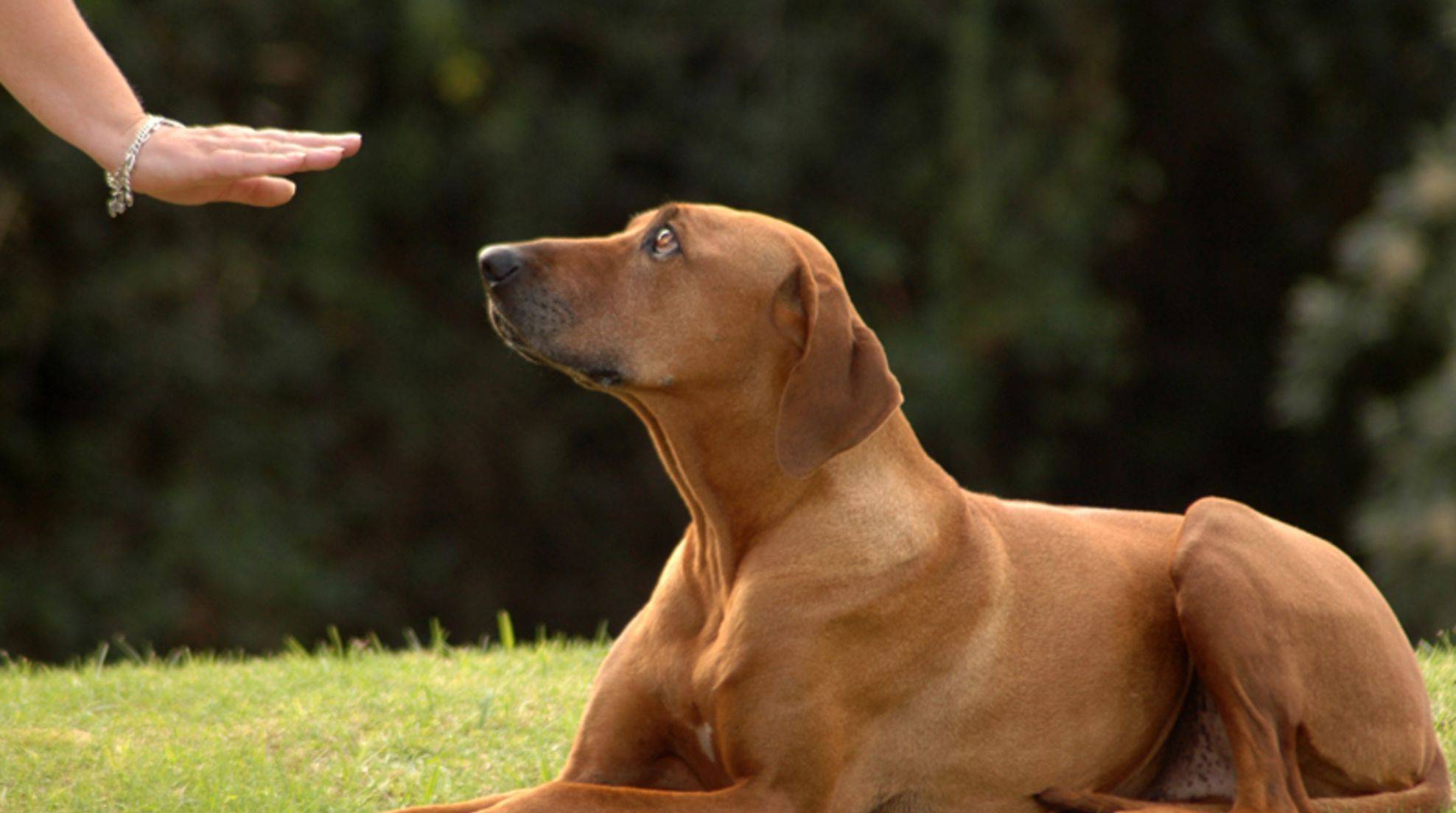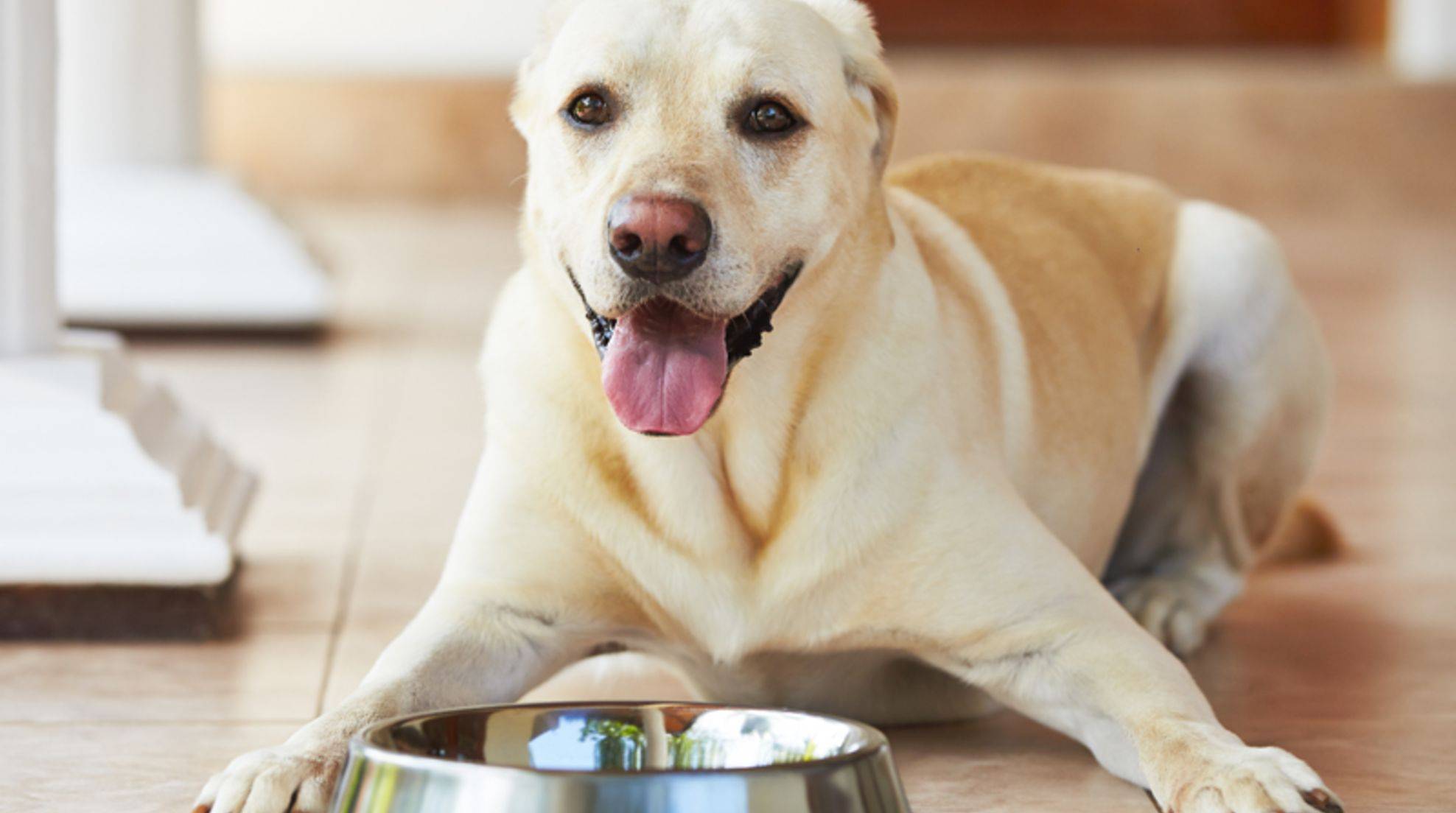Puppies: How old do puppies have to be when they are given away?
A puppy should move in with you? Then the dog breeder of your confidence will surely inform you in advance when the time for the delivery has usually come. It is important that the puppies are not separated from their mother too early. But how old should puppies actually be when they are handed over?
Typically, puppies are given to their new owners between eight and twelve weeks of age. While some dog owners advocate an age of eight weeks, others believe a later delivery is better.
Delivery after eight weeks: The puppy must not be younger when it is moved
The German Animal Welfare Dog Ordinance stipulates by law that a dog must be over eight weeks old when it is separated from its mother. At eight weeks, the little dog is in the middle of its socialization phase. He is thus at an age when he can already be away from his dog mother and siblings, but does not have to be.
However, it can happen that dog puppies are separated from their mother earlier due to an accident or some other exceptional situation. In this case, the siblings must be allowed to stay together until they are eight weeks old. This is also stipulated in the Animal Welfare Dog Ordinance.
Advantages of a later delivery of dog puppies
Many dog lovers believe that an age of eight weeks is still too young to separate puppies from their mother. They advocate a slightly later delivery between the ninth and the twelfth week of life. The reason: At this age, the little pelt noses should definitely already have contact with people and gain many positive experiences. However, they are also happy if they can learn important basic rules for their dog’s life together with their siblings.
Breeders usually allow new dog owners to meet their puppy before they give it away. This way, the young dog can get to know his future family members without already having to be separated from his litter.
What also speaks for a later delivery: A young dog at the age of eight weeks has just learned to be afraid, so that a move and the separation from his family could be difficult for him to cope with. A few weeks later, he is already more confident and stable: By the twelfth week, his socialization is complete and the puppy should be physically and mentally ready for a new adventure – moving to a loving new family.
How old should puppies be when they are surrendered? A look at the development helps
As a general rule, when it comes to surrendering puppies, a look at the early developmental stages of baby dogs helps guide you. Here is a brief overview:
1st to 2nd week of life: the neonatal phase.
Puppies are blind and deaf. The sense of smell is not yet fully developed. The puppies are very helpless and can hardly move from the spot. They sleep most of the time and seek physical contact with their mother and siblings.
3rd week of life: The transition phase
The puppies become more aware of their environment. Their eyes open and hearing develops. In addition, from now on, the dog baby reacts to sounds and the first milk teeth form.
4th to 7th week of life: The imprinting phase
The puppy’s senses are fully developed. It can recognize its mother and siblings and perceives external stimuli without fear. This is where the first social contacts should take place. The young dog is now also developing its own character.
8th to 12th week of life: The socialization phase
In this phase, rules should gradually be established. Learning takes place particularly well through play. The puppies become a little more anxious and cautious. Therefore, they should not be overtaxed and should be introduced to things gently.

